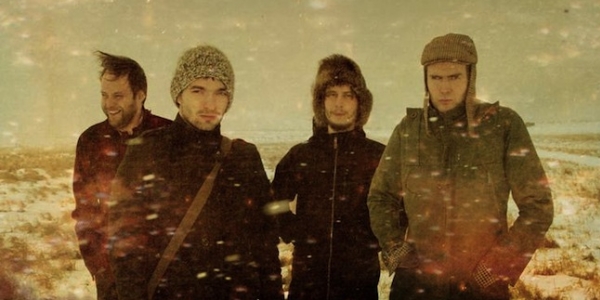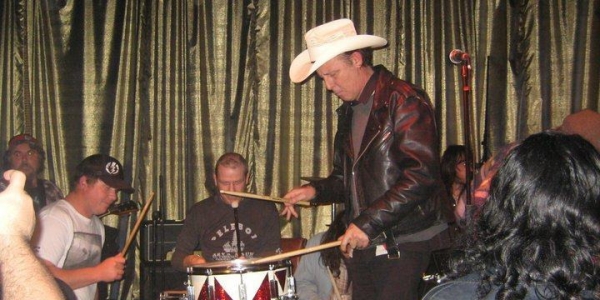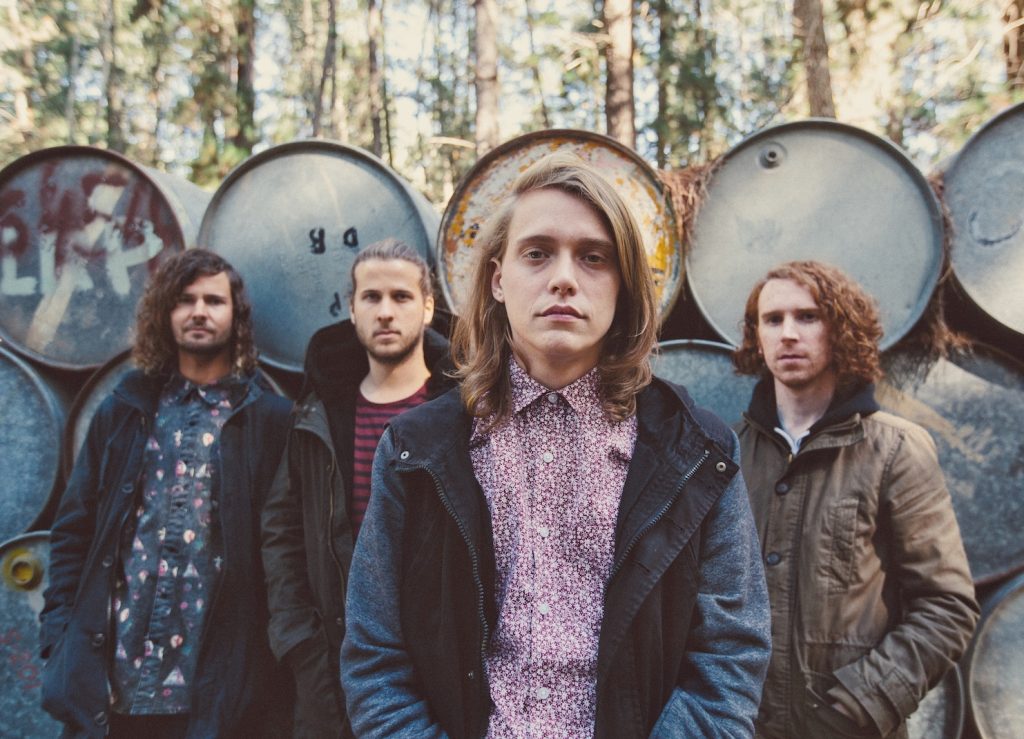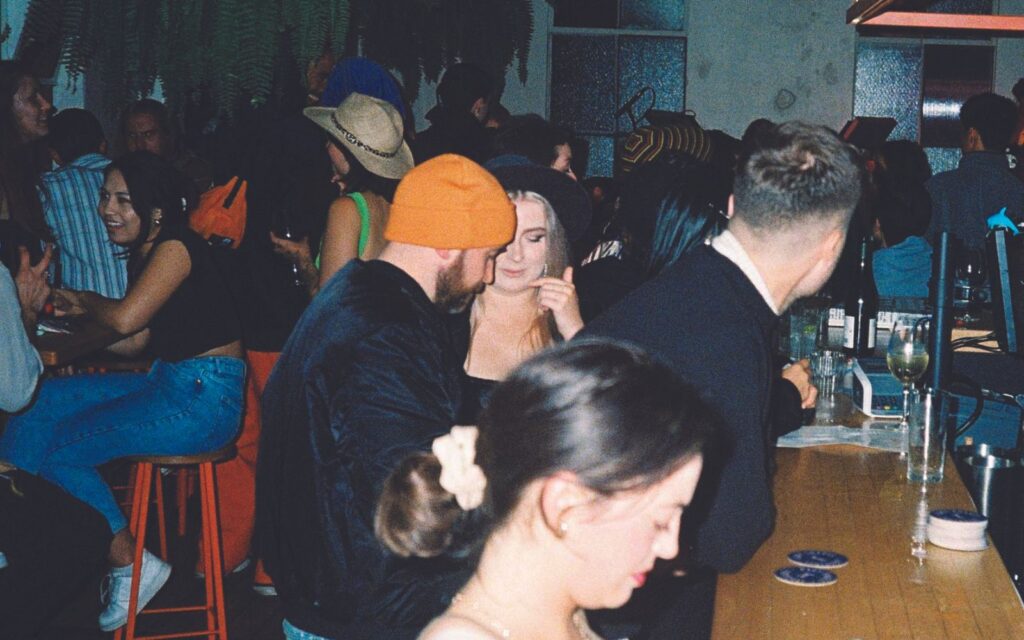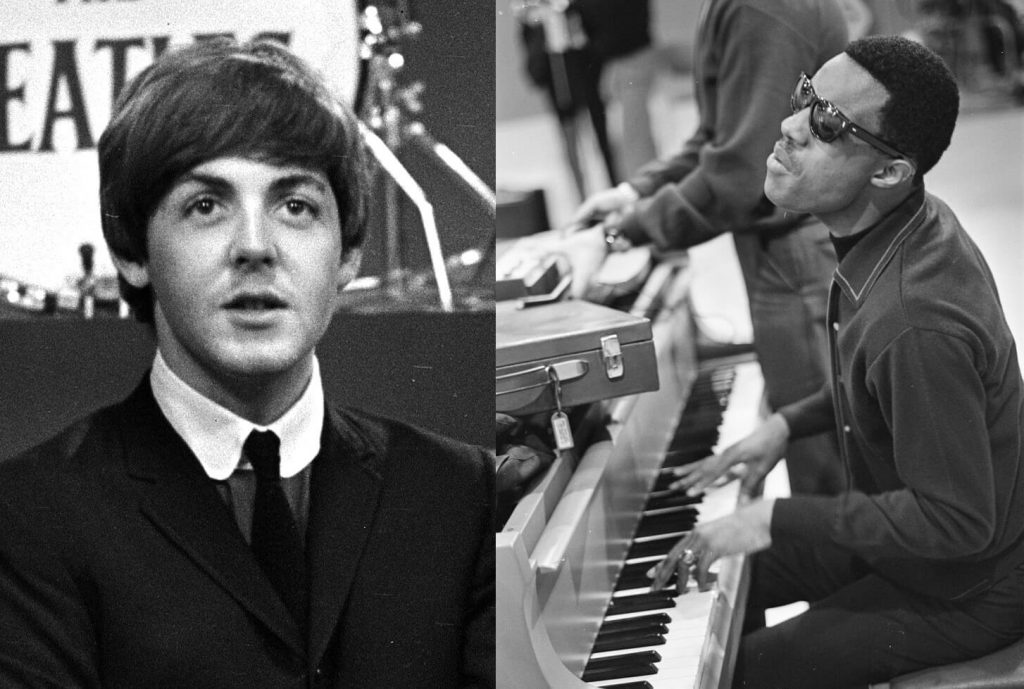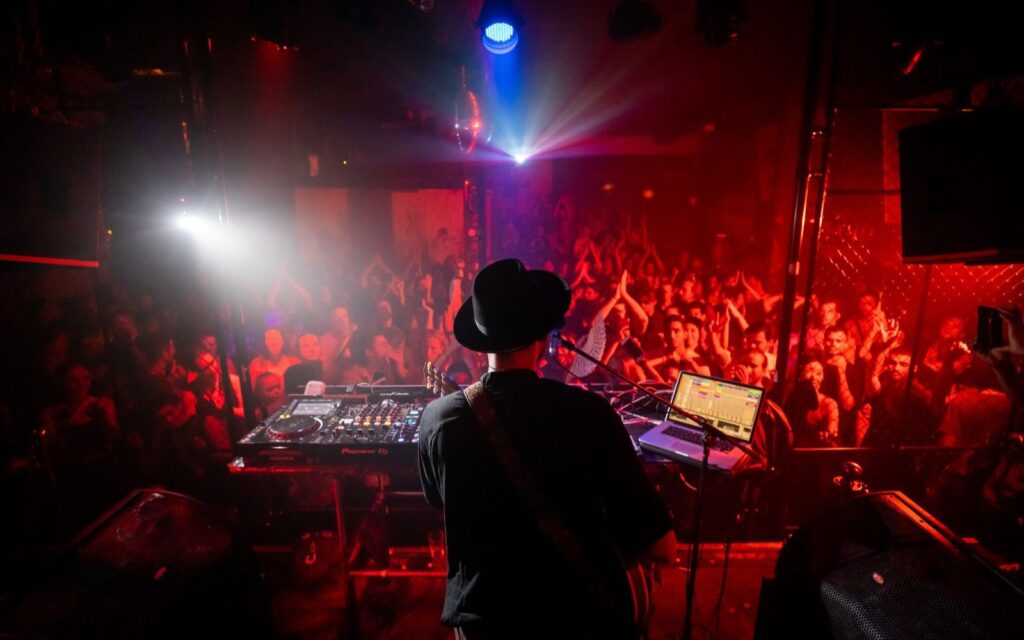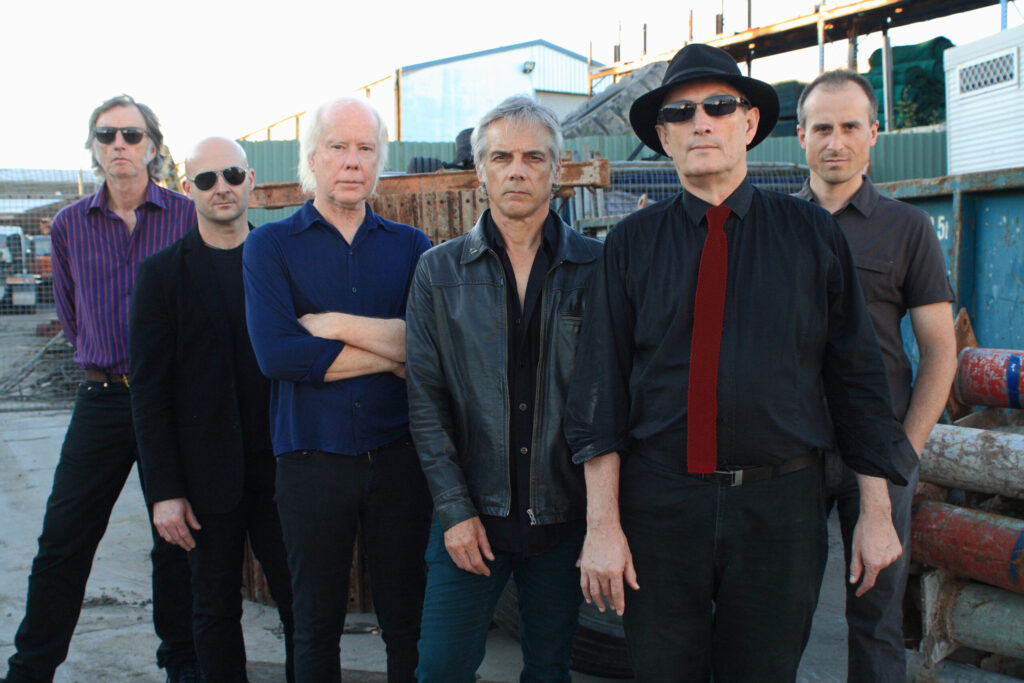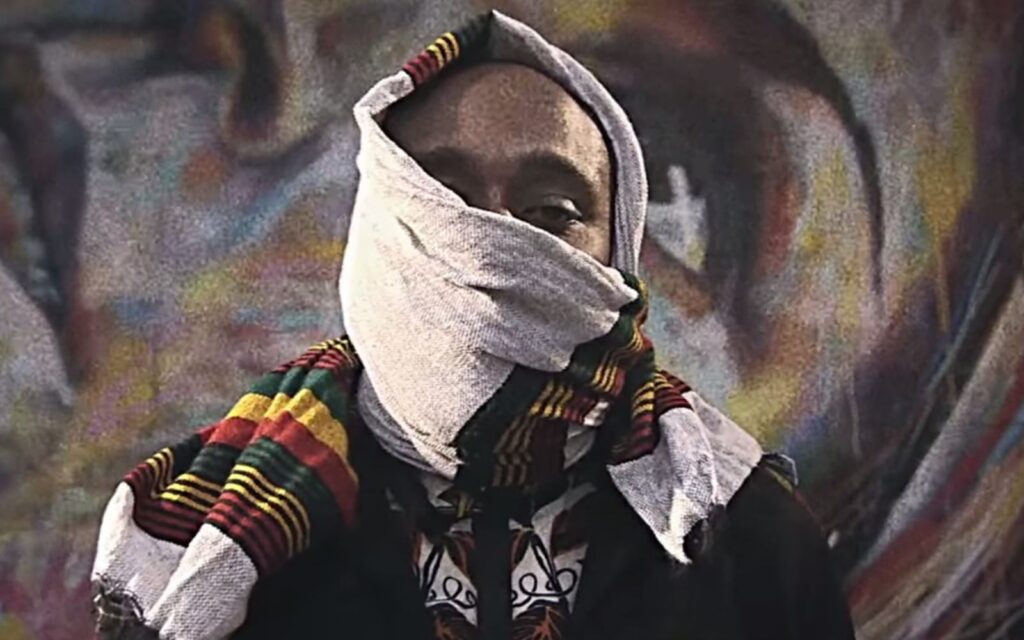The rumour was quickly brought to a halt however, in 2010. Lead singer Jónsi Birgisson’s stated publicly that the record they’d been working on had been scrapped, and that the band was going on hiatus, to “have babies.” While fans worried that they’d seen the last of the iconic and cultish act, the hiatus proved what many already knew about the intensely ethereal post-rock act: always tough to peg down, things are not always as they seem with Sigur Rós.
Looking back on the hiatus now, drummer Orri Páll Dýrason insists that while it might have been a difficult decision for the band at the time, in the long run, it served the band well.
“It was a very good break for us, very healthy,” notes the sprightly Dýrason, reached on the phone from Iceland while, coincidentally enough, taking his pregnant wife to the doctor for a routine check-up. “We’d been going non-stop for ten years, always on the bus. It was important for us to be able to continue to work together, so we had to walk away from the band for a bit.”
Sigur Rós eventually returned from their hiatus with Valtari, a delicate and paced release. Whether Valtari measures up in ambience to the album Sigur Rós scrapped will likely never be known. It still remains an incredibly methodical listen, without negating the band’s ability to seduce listeners over time. Valtari may be something of a departure from past releases, yet Dýrason insists the band had no pre-destined plan going into the writing process.
“Maybe while we’re recording, we go for a certain approach, but while we’re writing, definitely not,” he says emphatically. “[Valtari] was interesting because we wrote it while we were recording it.”
One could be forgiven for calling the album’s creation a spontaneous process, but Dýrason quickly disagrees. There’s an element of smoke and mirrors in the ethos of Sigur Rós; while it might not be tactical, much of what they present employs elements of deceit. Consider the band’s recent string of festival European dates, meant to promote Valtari. When Dýrason is asked how the new material on Valtari translated live, he’s quick to correct the very assumption that their set was heavy on new material.
“We didn’t play very much from [Valtari], because it’s very quiet album. It can be difficult to deliver that kind of music at festivals because people have been drinking for three days. So we tried to play a set that was more designed for festivals.”
Dýrason says that when constructing their live set lists, the band places an onus on making connections and creating something that’s more cohesive that promotional.
“We try to find a flow, and we try to find an order that makes sense. There’s very often connections between our songs, and it’s our job to find those connections for the audience most nights.We know what works, we’ve rehearsed a lot and we try to stick to that,” he continues in earnest. “We’ll mix up four or five songs a night, but that’s it.”
While the variety within their set lists may not compare to that of, say, the Grateful Dead, it’s not as if Sigur Rós take touring lightly. “Oh yeah, absolutely,” he says when asked if touring is vital for Sigur Rós, showing the most emotion throughout the entire interview. “We’re so lazy, and we wouldn’t leave the house that much if it weren’t for touring. It’s very important for us.”
So important in fact, their 2012 touring calendar alone will see them hit 20 different countries in four different continents. A travel agent’s dream, Sigur Rós have never stuck to any standard touring routes.
“We try to go to as many different places as possible, though that doesn’t always make our booking agents very happy,” he laughs. “We understand that sometimes it can be very expensive to travel to these places, but we still believe it’s necessary.”
In fact, continued touring may mean less possible hiatuses.“[Touring] always brings us back together and closer as friends and as people to get back on the road for a few weeks.”
Though it may have pulled them apart a few years back, it appears as if it is the road which will keep Sigur Rós together for the foreseeable future. Travelling does many things to many people, but for Dýrason and Sigur Rós, touring brings forth an innate awareness of geography.
“Iceland is very small and people don’t leave very often, so whenever we get the chance to leave, we’re always aware of where we are.”
It would seem then, that Sigur Rós is influenced by geography, including that of their native Iceland. Of course, things aren’t always as they seem.
“We might just be as easily influenced by the geography in Canada or Greenland. The geography is one thing, but the social conditions are another. That might be something we’d write about instead. We’re influenced by the people around us more than anything.”
BY JOSHUA KLOKE
